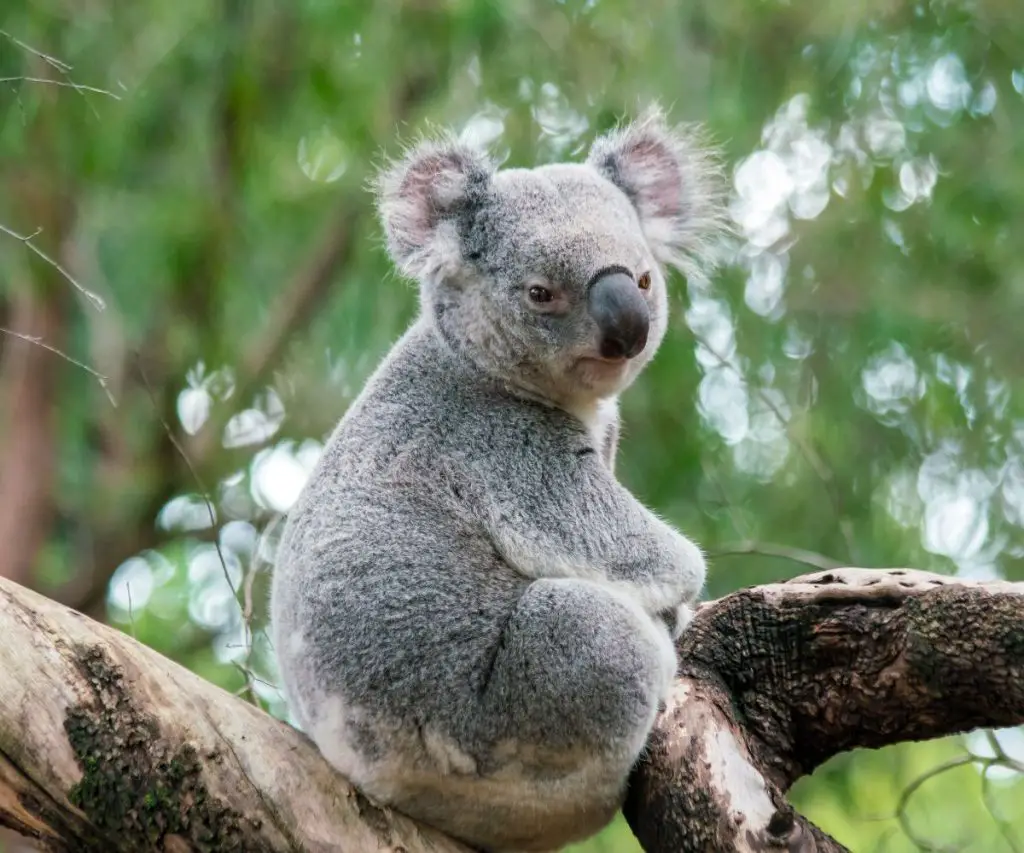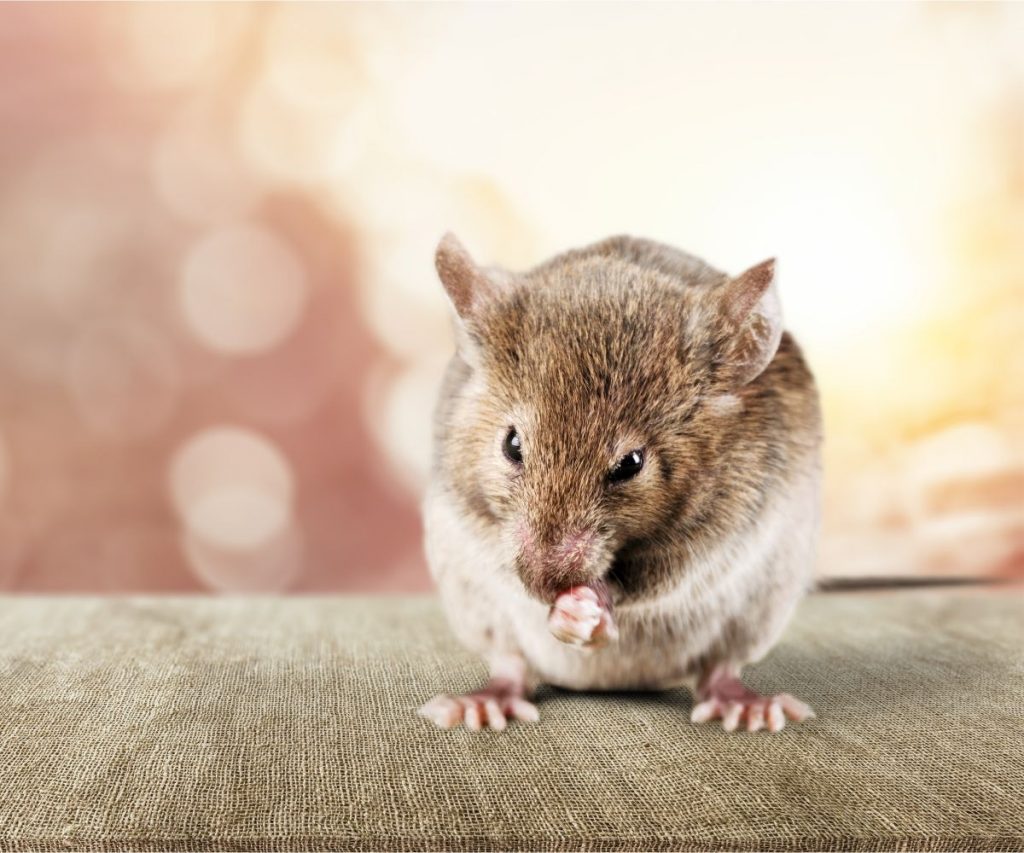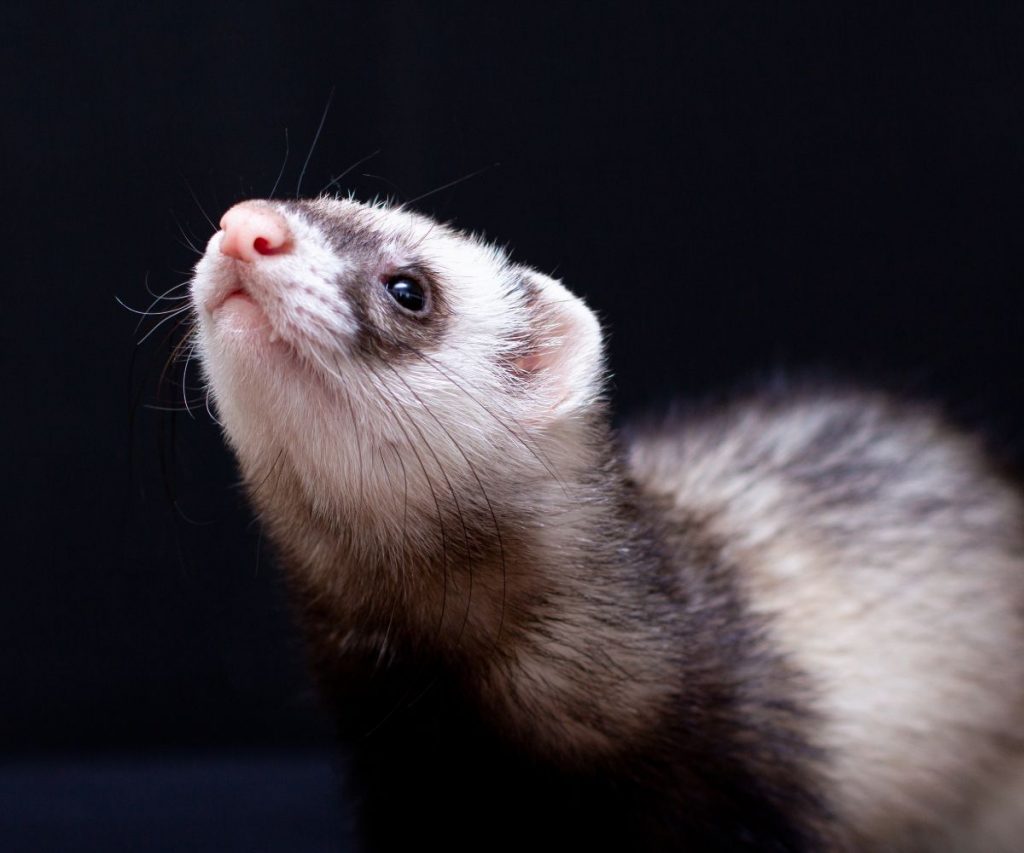Ferrets are a common domesticated housepet in many areas worldwide, although they are sometimes used to help hunt rabbits as many individuals trained them for this reason over 2,500 years ago. As this animal becomes more popular, potential pet owners may ask, are ferrets marsupials?
When it comes to small mammals like ferrets, determining their classification and genealogy can be tricky. Many different species carry similar characteristics and features but do not belong in the same family. So what is a ferret classified as, and how can you tell?

Are Ferrets Marsupials? What Is a Ferret Classified As?
Ferrets are not marsupials at all but fall under the classification of the mustelid family. This family contains other small animals such as weasels, skunks, otters, badgers, mink, and other small animals that produce musk.
Their name roughly translates to “stinky weasel thief,” giving you an indication of their genealogy and close relatives. These curious creatures will steal your items if you leave them out, so keep a close eye on your pet when it is out of its habitat.

Are Ferrets Rodents or Marsupials?
If you are new to owning a ferret or considering getting one, you will have many questions regarding their daily living requirements and habits. These needs can vary significantly from rodents and marsupials.
Although they are smaller animals that resemble some rodent species, ferrets are, in fact, not rodents at all. Rodents are known for their pairs of upper and lower incisor teeth that are rootless and continuously grow. However, a ferret’s teeth do not continuously grow, and their tooth structure resembles a canine more than a rodent.
Rodents can reproduce up to ten times a year, with a heat cycle lasting four to five days and giving birth only three weeks later. Females can quickly become pregnant again anywhere from one to two days after giving birth. The lifecycle of a ferret is drastically different than this, being infrequent when compared to rodents.
So if they are not rodents, are ferrets marsupials? Unfortunately, no, ferrets do not classify as marsupials. Marsupial animals give birth to not fully developed offspring and carry them around in a pouch on the mother’s belly to finish growing. Ferrets give birth to live offspring with soft fuzz that are blind, toothless, and deaf but otherwise fully developed.
The Lifecycle Of A Ferret
Ferrets are similar to other small mammals, which can reproduce multiple times throughout the year. Male ferrets called hobs will mate with the females, also known as jills, typically around March and April.
After a 35 to 45 day gestation period, the jill will give birth to live babies, or kits, ranging from one to six in total. These offspring will stay with their mother for about 42 days until they are ready to become independent.
A female ferret can die if she does not mate with a male while in her heat cycle. Unfortunately, a jill will remain in heat until she is bred or has an intervention from a professional veterinarian to help decrease her estrogen levels.
Ferrets will live about 12 years in captivity, while those in the wild are a hybrid species with polecats and live between five to ten years. The only naturally wild ferret is the black-footed ferret, and its life expectancy is only two to three years.
Ferrets that you see in pet stores are typically spayed or neutered before they are adopted. Not only does this help minimize overpopulation in captivity, but it aids in better overall health for your pet. Having a pet ferret that is spayed or neutered can help minimize its musky scent, but it may not be gone entirely.
Domesticated Ferrets
Although ferrets may look like rodents or small marsupials, these mammals are nowhere near these species in their genealogy. However, since they belong to the Mustelidae family, they contain anal scent glands to produce a musk that helps mark territory and sexual signaling during mating.
Ferrets may resemble weasels and other small mammals, but their scent glands, teeth, and reproductive cycle characterize them as mustelid. Knowing everything you can about these small, curious creatures will help give you a better idea of what to expect when you own a domesticated ferret.
A pet ferret can be an excellent addition to any home as a social, loveable animal for years with proper care, including diet, exercise, and regular veterinarian visits. You can expect a healthy ferret to live anywhere from eight to 12 years of age.

